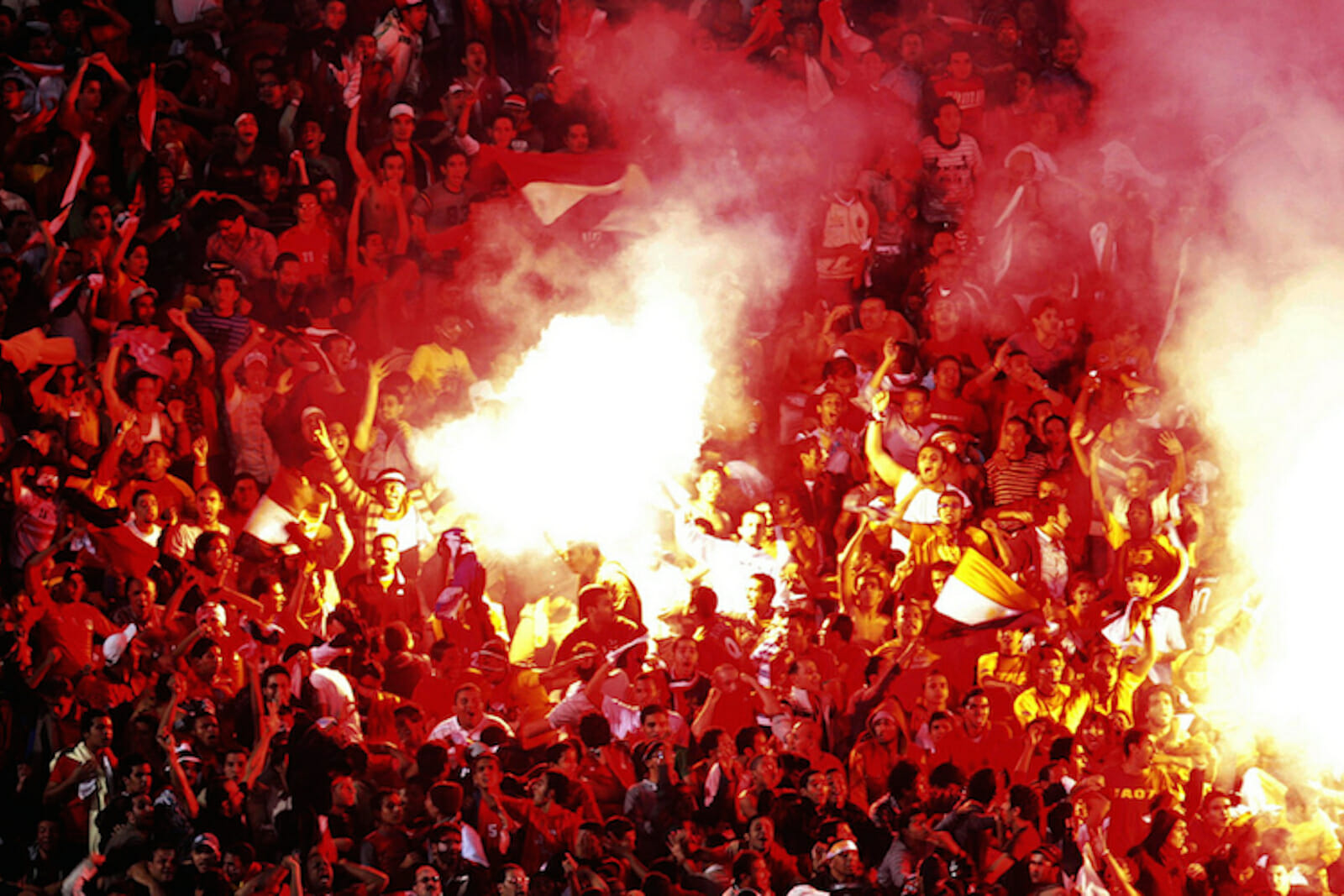
When it is More than a Game: Football Violence in Egypt
It is frenzied and continuing, but the riots in Egypt have become so regular as to suggest that the Arab Spring never stopped. The country, even post-Mubarak, is seething with insurrection. And the outlets of dissatisfaction, expressed via social media and the more physical aspect of sport, are everywhere. The violence during the week in Egypt might be termed “football violence,” but the term is deceptive.
Protests have taken place in Cairo near Tahrir Square and in Port Said, while demonstrators have attempted to block the Suez Canal. But initial accounts that they were all linked to football have become unreliable. What is certain is that a good portion of it has left a police station in flames, the headquarters of the Egyptian Football Federation in ruins and two people dead, being a response, in turn, to the violence that took place in February 2012 in Port Said stadium.
The trigger came in a Cairo court’s decision to uphold the death sentences of 21 fans accused of sparking riots that left 74 people, mostly Al-Ahly supporters, dead. Two senior policemen – former head of police security General Essam Samak and Brigadier General Mohammed Saaed – were sentenced to 15 years in prison.
Saaed’s claim to infamy was his refusal to open the stadium gates as the riots broke. He was the man who stood idle with the keys. Witnesses also claimed that the entire police force stood like mute sentinels, passive in the face of the violence. The implication here was the football fans were to be punished for their own unruliness – they had been instrumental, went one argument, in overthrowing Hosni Mubarak.
The problem of such rioting is compounded by the close institutional ties between clubs and authorities. This is certainly the case between Cairo-based Al-Ahly and Port Said’s Al-Masry. Al-Ahly has always been Cairo’s team, the team of power and much silverware. Al-Ahly has a pedigree to be proud of, the “African Club of the Century,” if one is to believe the verdict of the Confederation of African Football. Al-Masry has been the contending outsider, certainly in terms of political and sporting establishment.
The Port Said protesters were distinctly unimpressed with the verdict. “Twenty-five years for someone helping to carry the dead outside the stadium,” claimed Mohamed Ataya, speaking about his friend after the conviction. “What we need now is to separate from the rest of the country.” And here, a football battle becomes a battle for a separatist movement. Local government headquarters in Port Said were besieged by hundreds carrying flags urging Port Said to become an independent republic.
This element of the program has been severely underdone in media coverage. The Port Said tensions, using football as a pretext, threaten to undermine the Muslim Brotherhood’s rule in Egypt. There is little love lost between residents there and President Mohammed Morsi. Curfews are disobeyed with relish. There are suggestions that Morsi has lost power in Port Said altogether, with officials retreating into obscurity and silence. This is the implication of a report by Evan C. Hill for Foreign Policy aptly titled, “The Republic of Port Said.”
The argument stemming from Al-Ahly, in contrast, was that not enough was done to protect their supporters and players. It was their players who were encircled by hostile local supporters. It was they who had entered into a territory still sympathetic to Mubarak and openly defiant of the Muslim Brotherhood. Everyone wants their pound of flesh and there was not enough to go around. That was certainly the case regarding the number of acquittals favouring the police.
History is replete with such examples of political clubs and their incendiary supporters. The Spanish Civil War runs in the blood of Real Madrid and Barcelona, the narratives ever heavy with reminders that Generalissimo Franco and Real were seen as one and the same thing. Catalan secessionism and Barça’s might on the football field have always been twin aspects of the same, rough coin.
Lisa Abend’s piece for Time hit the mark, drawing out a football rivalry that has been violent, both in a vicarious and actual sense. Ahead of the December 23 game against Real Madrid, Barça’s former club president and nationalist Joan Laporta agreed to dedicate part of the ticket sales to a cultural organisation working to spread the Catalan language since 1990.
Laporta’s words at the agreed dedication show how football clubs can become weapons and vessels at the same time – blunt instruments of valour and repositories of identity. “We do it for our sense of national dignity…for our culture because the Catalan language is a sign of identity for a club like the Barça.” At the 2007 Frankfurt Book Fair, he claimed that his team “would continue to be an instrument of Catalan culture.” For such reasons, exchanging a football for a baton, a rifle or a stone, is an easy task, and one embraced at a moment’s notice.

